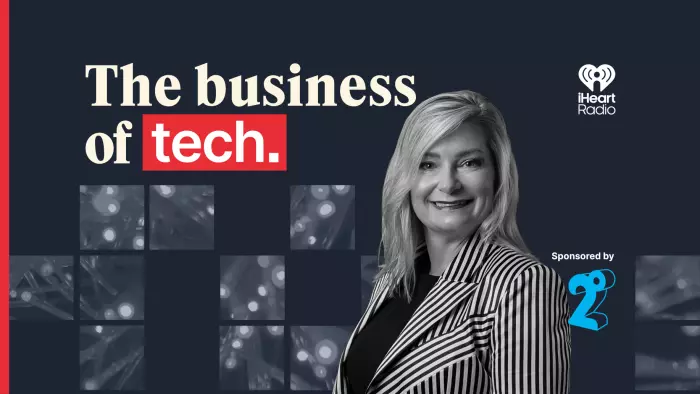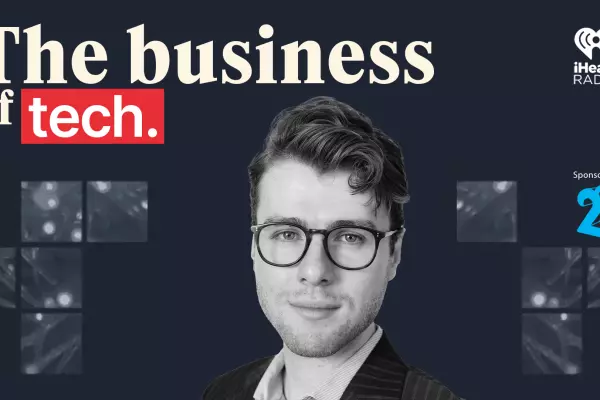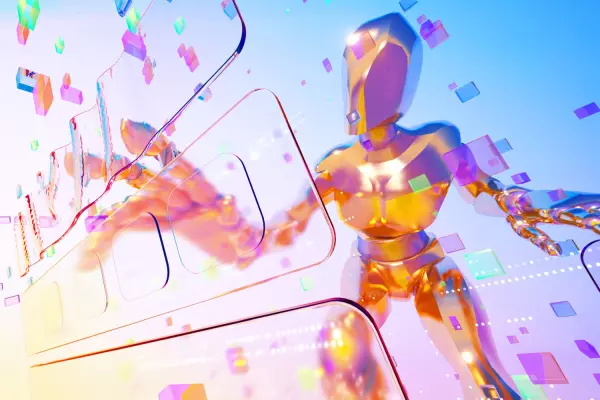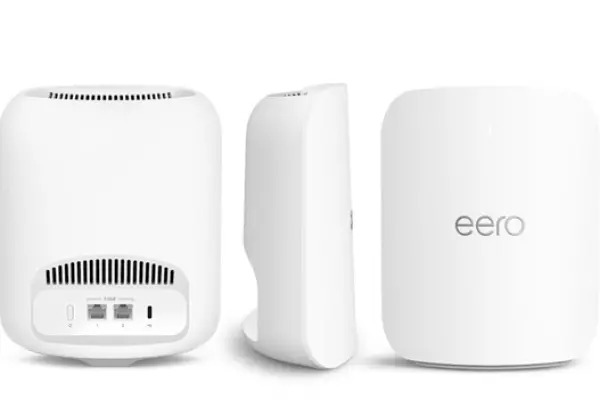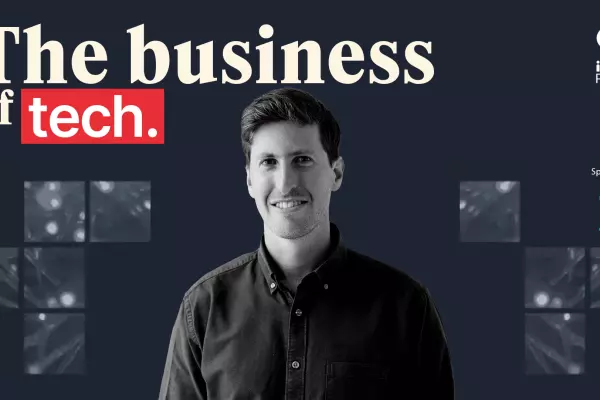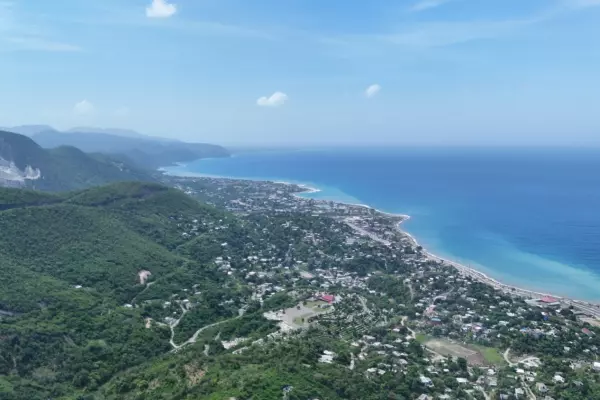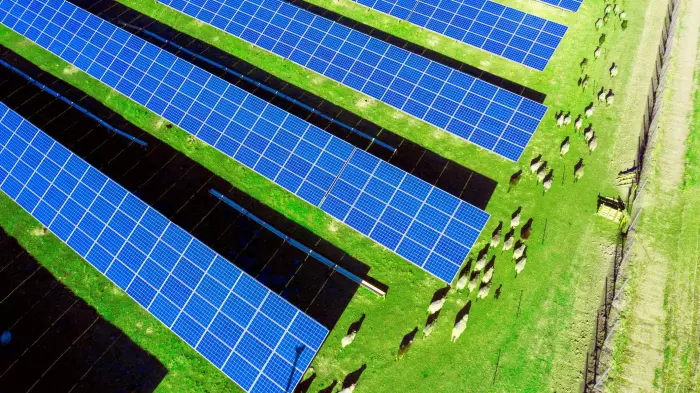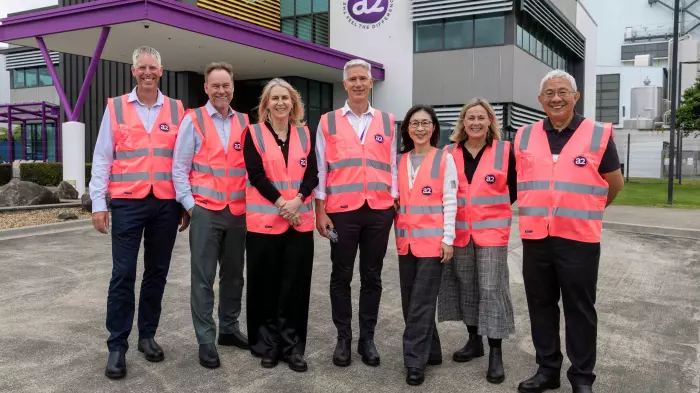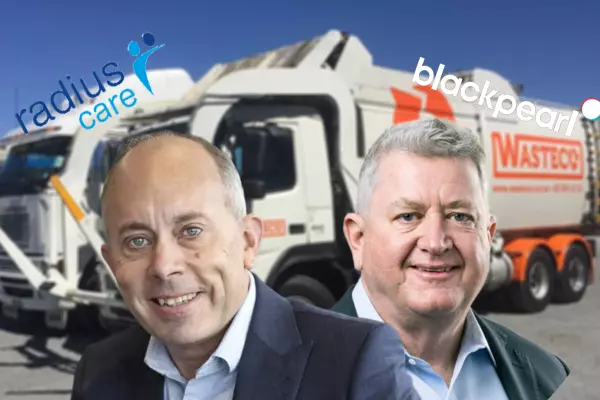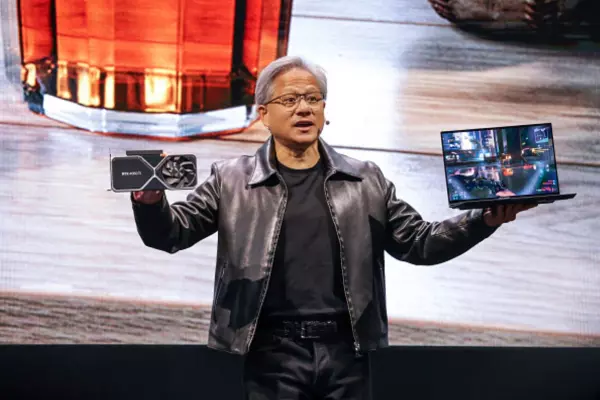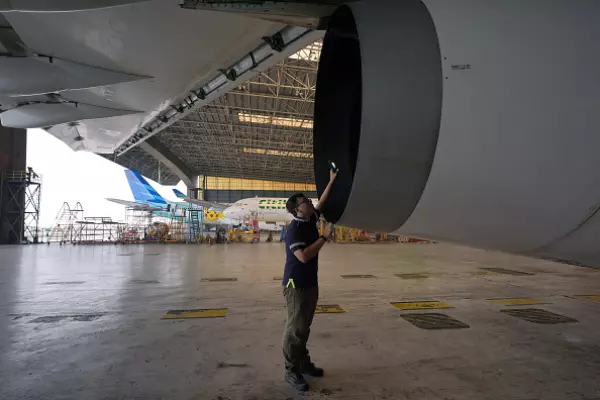Microsoft is marking its 50th anniversary, celebrating five decades since Bill Gates and Paul Allen founded what would become one of the world's largest technology companies.
In this week’s episode of The Business of Tech, Vanessa Sorenson, managing director of Microsoft New Zealand, reflects on the company's journey and its vision for the future.
Microsoft’s early vision of putting “a computer on every desk and in every home” drove the development of MS-DOS, Windows, and the Office suite, revolutionising productivity software. Word, Excel, and PowerPoint remain core products used by billions worldwide.
“If you want true productivity, you really want to save time, and you want to do it well ... that's the word that still underpins Microsoft,” Sorenson explained.
Hits and misses
Throughout its history, Microsoft has experienced both triumphs and challenges.
Sorenson acknowledged the company missed key technology shifts: “We missed mobile, we missed search. We were slower with Azure.”
However, she credits Microsoft's ability to learn and adapt as key to its longevity.
“I honestly think it's the concept of being a learner. Stay curious,” Sorenson said, noting how different leadership eras shaped the company's evolution.
Under Gates, Microsoft was “very engineering-led,” while Steve Ballmer created a “very sales-driven company”.
Current CEO Satya Nadella has brought “the combination of both” while embracing openness and breaking down internal silos.
Microsoft in New Zealand
Microsoft NZ has operated for about 34 years. Sorenson has been at the helm for the past seven.
Under her leadership, Microsoft made a significant investment in NZ's digital infrastructure with the opening of its “NZ North” data centre region in December 2024, and signing a renewable energy deal to power it.
“We're an incredible country. We've got sustainability, renewable energy, the contract that we've signed with Contact Energy, which enabled them to expand geothermal; that's what New Zealand's about,” Sorenson said about the investment decision.
AI: The next frontier
Artificial intelligence represents Microsoft's most significant focus for the future. The company has made massive investments in OpenAI and is developing its own AI capabilities.
Sorenson cited an Accenture report suggesting AI could add $76 billion to NZ's GDP by 2038. She highlighted real-world applications already making an impact, including the Ministry of Social Development using AI tools to help people find jobs and Vista Group personalising cinema information.
“We truly are seeing the gains now for the innovative companies that are grabbing hold of it,” Sorenson said.
To ensure NZers can benefit from this technology, Microsoft has committed to training 100,000 people in AI and digital skills over the next two years, working through partners and educational institutions.
“We truly believe that this is New Zealand's opportunity to get more of those higher-paid jobs. We lift everyone up,” Sorenson explained.
As Microsoft looks toward its next 50 years, Sorenson emphasised the importance of maintaining customer trust while continuing to innovate.
“We know when you're not happy with us, you can simply turn us off ... We have to earn the right every single day.”
Listen to episode 92 of The Business of Tech for my in-depth interview with MBIE’s Sarah Box, streaming on iHeartRadio or wherever you get your podcasts. The Business of Tech is sponsored by 2degrees for Business.
Subscribe on iHeartRadio or wherever you get your podcasts.
Your tech reading list:
- Celebrate 50 years of Microsoft with the company’s original source code: Gates Notes
- Microsoft is looking back on 50 years – but what does New Zealand’s tech future look like?: Microsoft New Zealand
- Microsoft turns 50: How it’s remained essential, based on my 27 years there: Fortune
- The 50 best things Microsoft has ever made: The Verge
- Microsoft to mark five decades of Ctrl-Alt-Deleting the competition: The Register
- NZDF tech upgrades a case of playing catch-up: BusinessDesk
- NZ should take advantage of Trump-induced science exodus: BusinessDesk
- Sam Altman claims he’s less interested in replacing coders and now wants to make them 10x more productive with AI: Windows Central
- Washington worries Trump could bail out Zuckerberg: Politico
- China has spent billions of dollars building far too many data centers for AI and compute - could it lead to a huge market crash?: Tech Radar
- Whoopsie daisy Bitcoin!: The Verge


